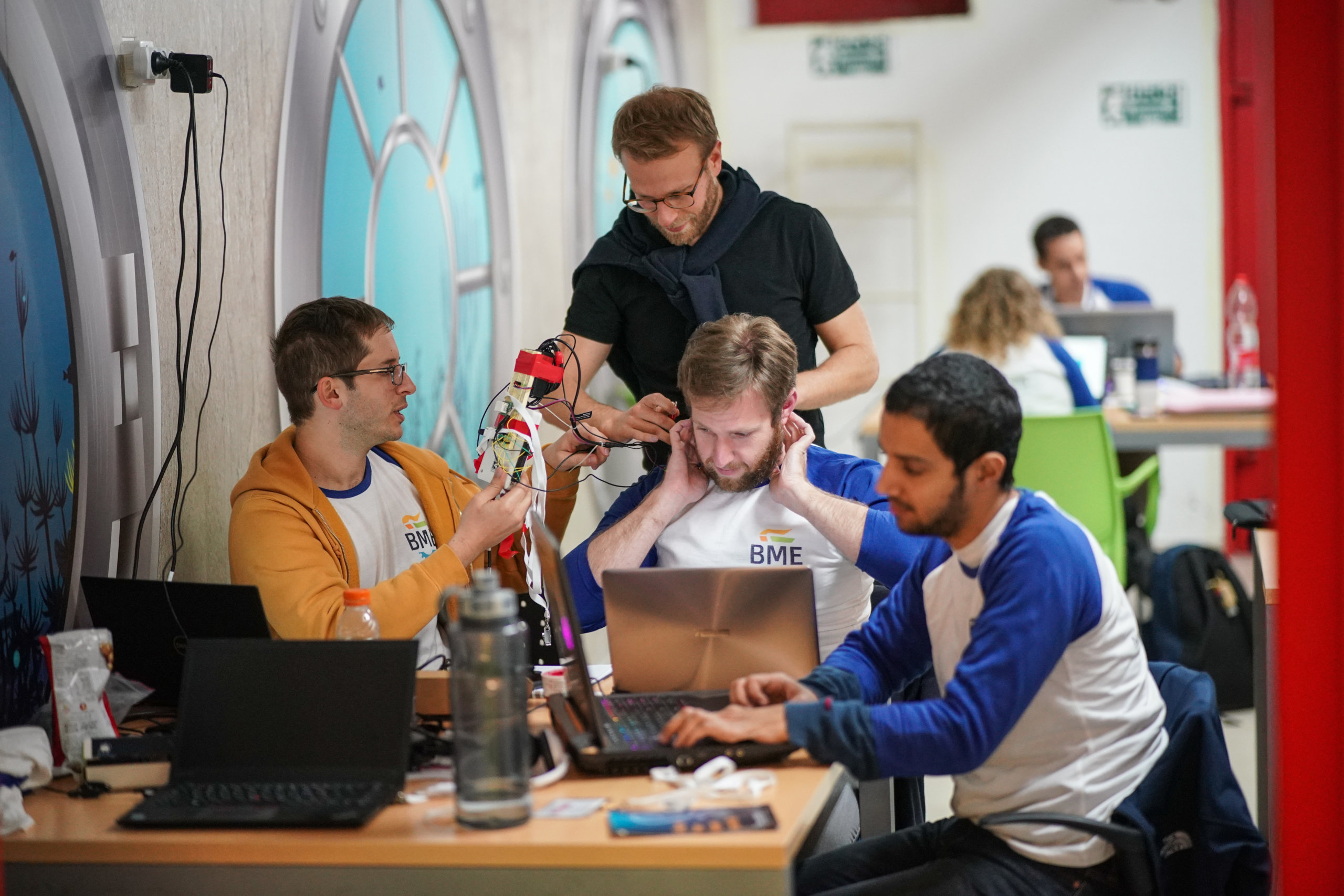Entrepreneurship
Many of the academic research fields at the Technion’s Faculty of Biomedical Engineering constitute a fundamental stage in the development of medical products. The Faculty works actively to promote entrepreneurial thinking among the Technion’s students and researchers at all stages of the research so that these research products will be implemented and contribute to improving the quality of medicine and advancing the medical industry in Israel and around the world. This includes identifying applications with commercial potential, medical product development processes, and early clinical validation.
The Faculty offers researchers and students consulting and support services in the following areas:
- Identifying research areas with commercial potential within research labs and guiding researchers towards their application and preparation for commercial interest
- Assisting in the preparation of materials for presenting research projects to collaborators and/or potential investors
- Establishing relationships with physicians to advance clinical research based on development
- Finding relevant research grants and helping researchers write applications for dedicated research grants for applied research
- Guiding students to critically examine independent ventures, fundraising and commercialization
The support is provided at the Faculty by Dr. Yael Rozen
Dr. Rozen is an entrepreneur, the co-founder of two companies in the field of medical devices and the academic director of a medical equipment development course run by “Shizim” at the Technion’s Continuing Education and External Studies Division. Dr. Rozen consults with medical device companies and evaluates medical technology investments for a technological incubator.
To schedule a personal consultation meeting, please contact: yael.rozen@technion.ac.il
Courses and Lectures
Courses and lectures in the Field of Entrepreneurship and Research Application in Biomedical Engineering at the Technion:
Entrepreneurship in Biomedical Engineering Course (336543)
The course provides exposure to the world of technological entrepreneurship in the diverse field of biomedical engineering, while studying its various and unique technological, business, financial, human, and legal (regulatory) aspects. The course includes professional lectures by experts and entrepreneurs from the medical device industry. In the course, students acquire tools and knowledge for identifying and validating clinical needs, assessing and developing technology-based solutions; prepare a business plan that includes development, standardization, marketing and financing issues; and practice presenting a technological venture to an audience. Students receive training on how to advance medical ventures, and each student presents such a venture at the end of the course to a team of investigators and investors from the medical device and venture capital industry, based on the tools and insights gained in the course.
Entrepreneurial Project in Biomedical Engineering course (334015)
The course includes the study of entrepreneurial aspects of a project, calculations needed for design, material selection, detailed design of device parts and related accessories, design of control systems, command and operation, preparation of a production portfolio, construction of prototypes, testing, and drawing conclusions regarding the design. The entrepreneurial aspect includes commercial considerations related to examining business viability, requirements in developing and commercializing the project, and presenting it as an investment venture. At the end of the semester, the project is presented and written work is submitted on it. In addition, a basic business presentation and investor brief is submitted.
Training session in submitting applications to the Helsinki Commission
The session includes a presentation of the clinical trial approval process in Israel, including a discussion of the various relevant and the completion of application forms in a way that facilitates their approval. Examples can be combined and applied to experiments that students want to perform in the short- or long-term. Sessions arranged by appointment.

All rights reserved © Faculty of Biomedical Engineering 2026 תחזוקה על ידי Web3d